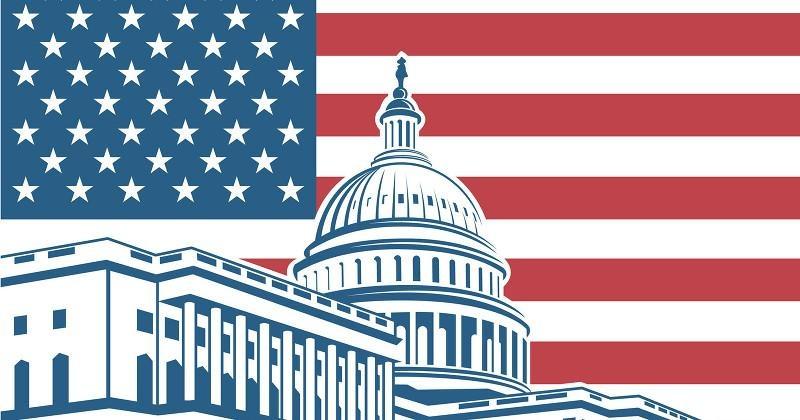
If you’re on any Republican list, you’ve undoubtedly received emails from one of the GOP campaign committees or a Capitol Hill communications staffer calling the Democrats “socialists.” To those of us who were around in the 1980s and 1990s, that’s nothing new. We remember the late GOP campaign consultant Arthur Finkelstein’s strategy: Call your opponent a liberal again and again until voters believe it.
Finkelstein’s style was “unmistakable,” wrote Howard Kurtz in The Washington Post in 1996, “an avalanche of attack ads painting Democrats as ‘liberal,’ ‘ultraliberal,’ ‘embarrassingly liberal’ and ‘unbelievably liberal.’”
Each cycle, Finkelstein returned to his name-calling strategy, and each cycle, political reporters and handicappers rolled their eyes and snickered at his ads, which were as shallow and superficial as they were predictable. They were all about labeling and demonizing.
But in Finkelstein’s case, shallow didn’t necessarily mean ineffective. “Liberal” became a pejorative, and Finkelstein took advantage of that.
The consultant, who died in 2017, worked for a long list of high-profile and successful Republicans and conservatives, including Sens. Jesse Helms of North Carolina, Connie Mack of Florida, Orrin Hatch of Utah and Alfonse D’Amato of New York. He also worked for Israeli Prime Minister Benjamin Netanyahu.
After a while, Finkelstein’s strategy grew stale. Democrats wisely nominated a politically moderate Southerner in 1992 in Bill Clinton, and 12 consecutive years in the White House left the GOP with enough baggage to hand the presidency to the Democrats (albeit with a little help from Ross Perot).
Still, it’s undeniable that the liberal label has been an albatross around the necks of Democratic nominees for decades.
A Successful Strategy
Now, Republicans have raised the stakes by trying to brand the entire Democratic Party as advocating “socialism.”
Of course, the Democratic Party is a long way from being socialist, but the election of a few high-profile, self-declared Democratic socialists has given Republicans the hook they need to portray the entire party as “socialist.”
Defining Democrats as “liberals,” “progressives” or “socialists” is likely to continue to be a successful strategy for the GOP.
February’s NBC News/Wall Street Journal poll found only 23 percent of respondents identified themselves as “very liberal” or “somewhat liberal,” compared to 38 percent who embraced the “very conservative” or “somewhat conservative” labels.
Of course, those numbers reflect how people see themselves, not where they actually fall on the ideological scale. But since people are more likely to pick a category they like over one with negative connotations, it is surely relevant that a strong plurality chose the conservative label over the liberal one.
As always, there is another side to the coin. The same February NBC News/Wall Street Journal survey asked respondents whether government should do “more things” (usually seen as a more liberal response) or whether it was already doing “too many things,” (the normally more conservative answer).
A surprising 55 percent of respondents said...

